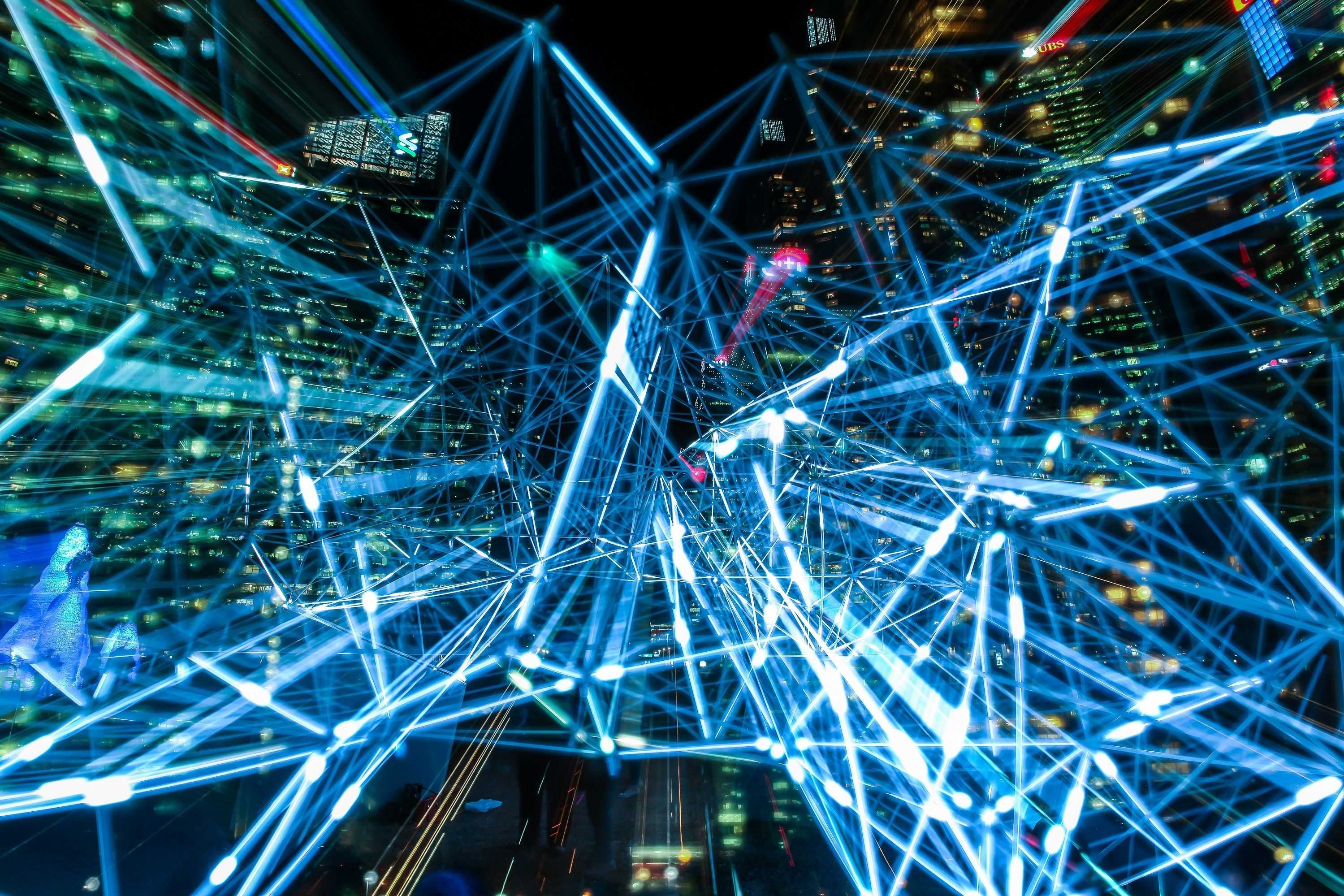Artificial intelligence (AI) has come a long way since its inception in the 1950s. Today, it's changing the world as we know it, from powering self-driving cars to detecting diseases in medical images. But how did we get here? Let's take a trip down memory lane and explore the history of AI.
1950s - The Birth of AI
The term "artificial intelligence" was coined in 1956 at the Dartmouth Conference, where a group of researchers gathered to discuss the possibilities of creating machines that could "think" like humans. This led to the development of early AI programs, such as the Logic Theorist, which could prove mathematical theorems.
1960s - AI Goes Mainstream
In the 1960s, AI research received funding from the US government, which helped bring the technology to the mainstream. IBM's Deep Blue chess-playing computer made headlines in 1997 when it defeated world champion Garry Kasparov.
1970s-1980s - The AI Winter
The 1970s and 1980s saw a decline in AI research, known as the "AI winter." The lack of progress and unfulfilled promises led to a decrease in funding and interest in the field.
1990s-2000s - The Rise of Machine Learning
In the 1990s and 2000s, machine learning emerged as a new approach to AI, where algorithms could learn from data and improve their performance over time. This led to breakthroughs in speech recognition, computer vision, and natural language processing.
2010s-Present Day - AI Takes Over
Today, AI is everywhere, from virtual assistants like Siri and Alexa to self-driving cars and facial recognition technology. In 2020, the UK government launched a £1 billion AI investment fund to support research and development in the field.
AI is being used in a wide range of industries, including healthcare, finance, and transportation. For example, the UK's National Health Service (NHS) is using AI to analyse medical images and detect early signs of cancer. In finance, AI is being used to detect fraudulent transactions and manage investment portfolios.
In transportation, companies like Tesla are using AI to power self-driving cars, while London's Heathrow Airport is using facial recognition technology to speed up the check-in process.
In conclusion, the history of AI is a fascinating journey of innovation, progress, and setbacks. Today, AI is transforming the world in ways we never thought possible, and the future looks bright for this exciting field. Who knows what AI will bring us next?

